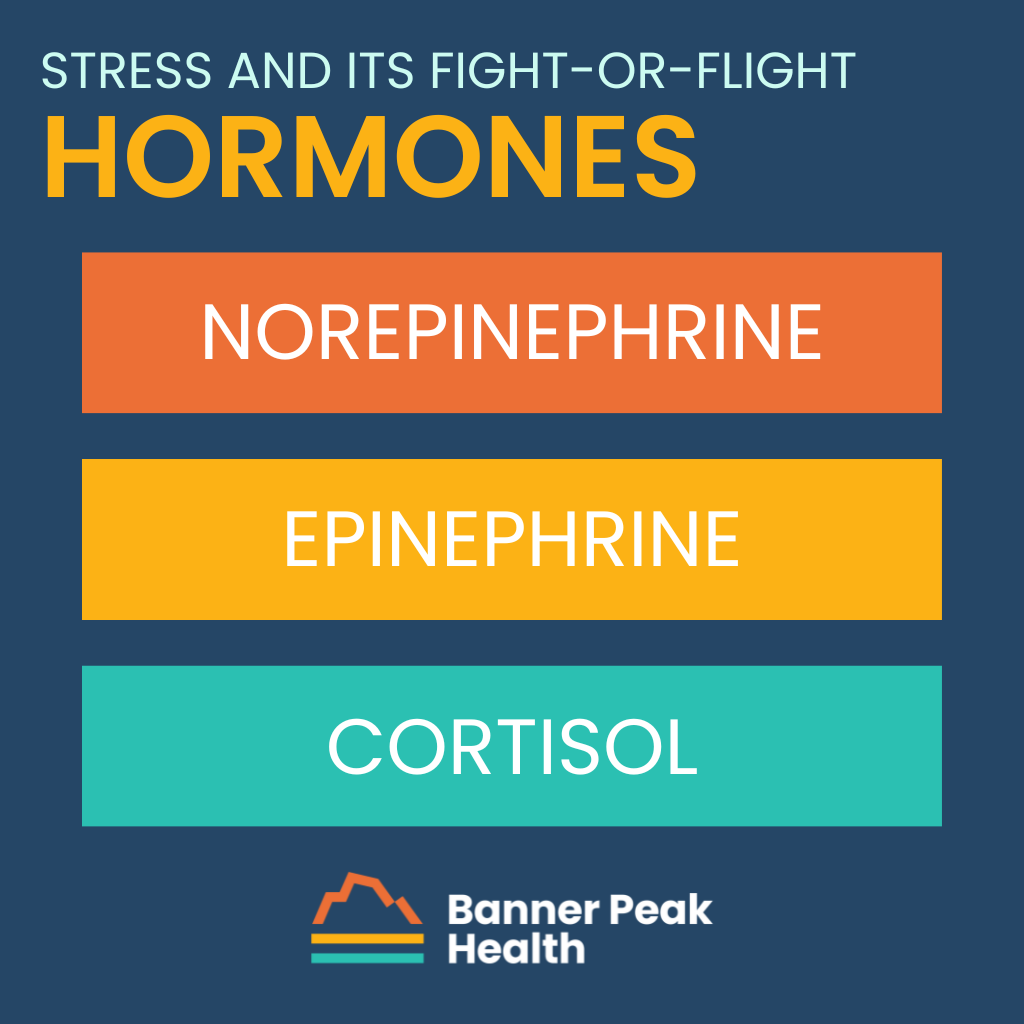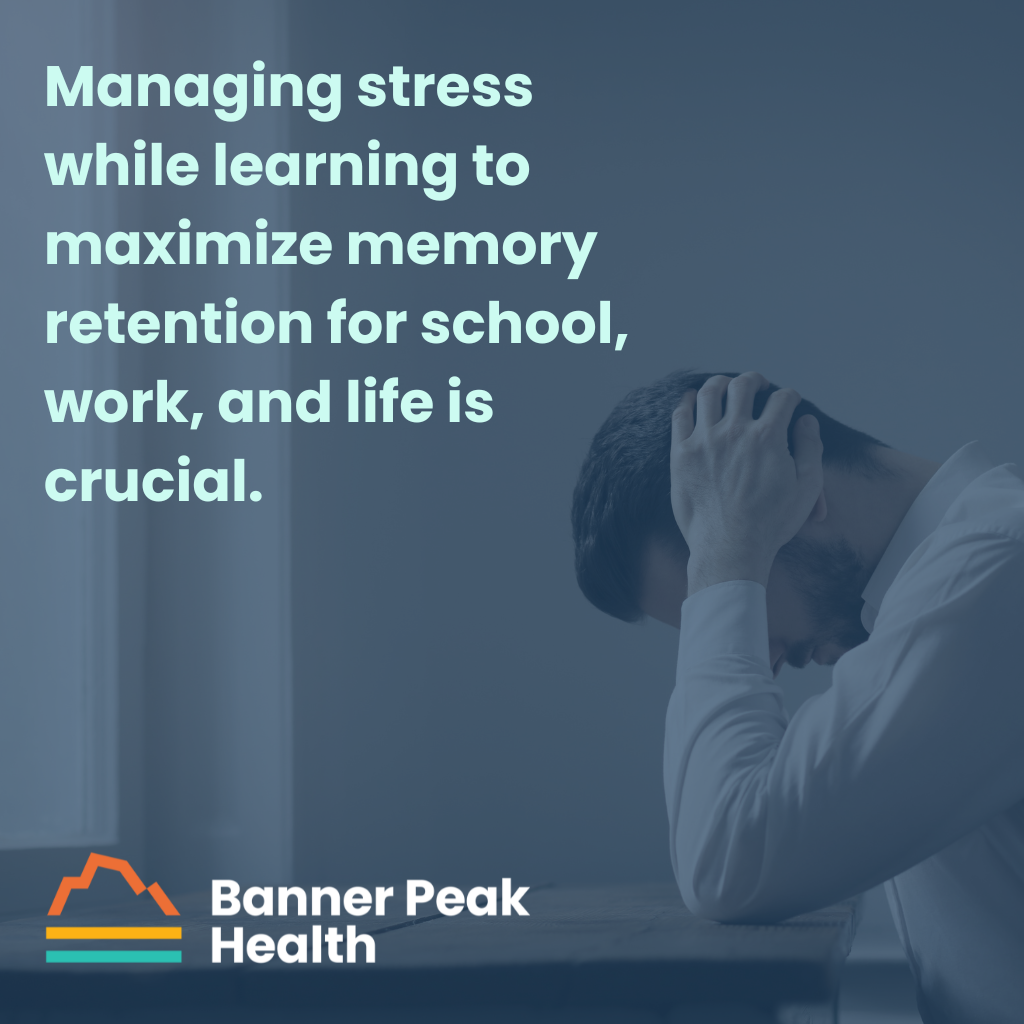Stress is a loose concept. It refers to anything that disrupts a person’s homeostasis or to a condition people experience when demands exceed their resources.
It can be external (extreme temperatures or physical discomfort) or internal (anxiety). Your coping skills and how much control you have over your circumstances both contribute to your experience of stress.
For example, if you were in freezing temperatures but had a warm coat, you’d be less stressed than if you were only wearing a T-shirt. Or, if you were in an uncomfortable social situation and unable to leave, you’d experience more stress than if you could exit.
When under stress, your body produces stress chemicals and hormones, including norepinephrine, epinephrine, and cortisol, triggered by the sympathetic nervous system (norepinephrine, epinephrine) and the HPA (hypothalamus-pituitary-adrenal) axis (cortisol). These chemicals and hormones engage your body in “fight or flight” mode, which is why you feel stressed. It’s an evolutionary response to danger.
Stress and Memory
Depending on whether it is acute or chronic, stress affects memory in various ways.
While the human physiologic response to acute stress enhances learning and short-term memory recall, chronic stress is harmful to the acquisition, consolidation, and retrieval of information.
How Does the Brain Respond to Stress?
High cortisol levels particularly affect long-term memory (retrieval) due to cortisol’s harmful effects on the hippocampus, where the brain stores long-term memory.
States of chronic stress often enhance emotional memory recall because the amygdala or primitive brain centers are favored when chronically stressed. This is linked to survival, and explains why facts are often more difficult to recall than feelings when people are in situations where they experience chronic stress.
Our feeling memories and our thinking memories are stored in different parts of the brain depending on how chronically stressed and activated we are.
The Significance
The practical importance of understanding how chronic stress relates to and affects memory is important because it helps us understand the need to return to homeostasis.
Managing stress while learning to maximize memory retention for school, work, and life is crucial. When we begin to see that our memory is suffering as a result of chronic stress, it motivates us to take action to balance our flight-or-flight response with rest, supporting our parasympathetic nervous system. In fact, I would like to introduce a new term: parasympathize.
Some Ways to Parasympathize
- Manage your stress by controlling the controllable.
- Practice recognizing when you’re in “activated” states of stress (i.e., fight or flight).
- Follow stress management best practices:
Following these suggestions will prevent chronically elevated cortisol levels, which is better for your overall health (AKA, homeostasis).

Waheeda Hiller, MD
For over 20 years in Internal Medicine, Dr. Hiller has dedicated herself to providing unparalleled care to patients. She joined Banner Peak Health in 2023 as a concierge physician to better serve patients with the depth of thought, knowledge, and compassionate care they need to live the healthiest lives possible.





